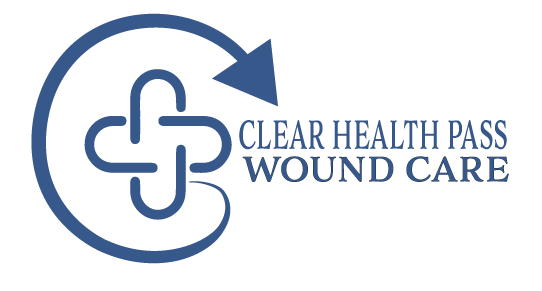Summary:
This study, conducted by Zelen CM, Serena TE, Gould L, and colleagues, evaluates the clinical efficacy and cost-effectiveness of bioengineered skin substitutes (BSS) and dehydrated human amnion/chorion membrane (dHACM) allografts compared to standard wound care (SWC) for treating chronic diabetic lower extremity ulcers. Diabetic foot ulcers pose a significant risk of severe complications, including amputation, making effective treatment critical.
Objective:
The primary goal was to compare the time-to-heal, rates of complete healing, and associated costs of BSS, dHACM, and standard care in patients with chronic diabetic ulcers.
Study Design:
This prospective, randomized, multicenter trial enrolled 100 patients with diabetic ulcers at four wound care centers. Patients were randomized into three groups to receive either BSS, dHACM, or SWC. The primary outcome was complete wound healing within 12 weeks.
Results:
The study found that 97% of patients treated with dHACM achieved complete healing within 12 weeks, compared to 73% of the BSS group and 51% of the SWC group. dHACM also demonstrated faster healing times (23.6 days) compared to BSS (47.9 days) and SWC (57.4 days). dHACM required fewer grafts per patient, making it more cost-effective than BSS.
Conclusion:
dHACM proved to be clinically superior and more cost-effective compared to BSS and SWC for treating chronic diabetic ulcers, supporting its use as a preferred treatment option.
For more details, refer to the original article: Zelen CM, Serena TE, Gould L, et al. Treatment of chronic diabetic lower extremity ulcers with advanced therapies: a prospective, randomised, controlled, multi-centre comparative study examining clinical efficacy and cost. Int Wound J. 2016;13(2):272-282.

